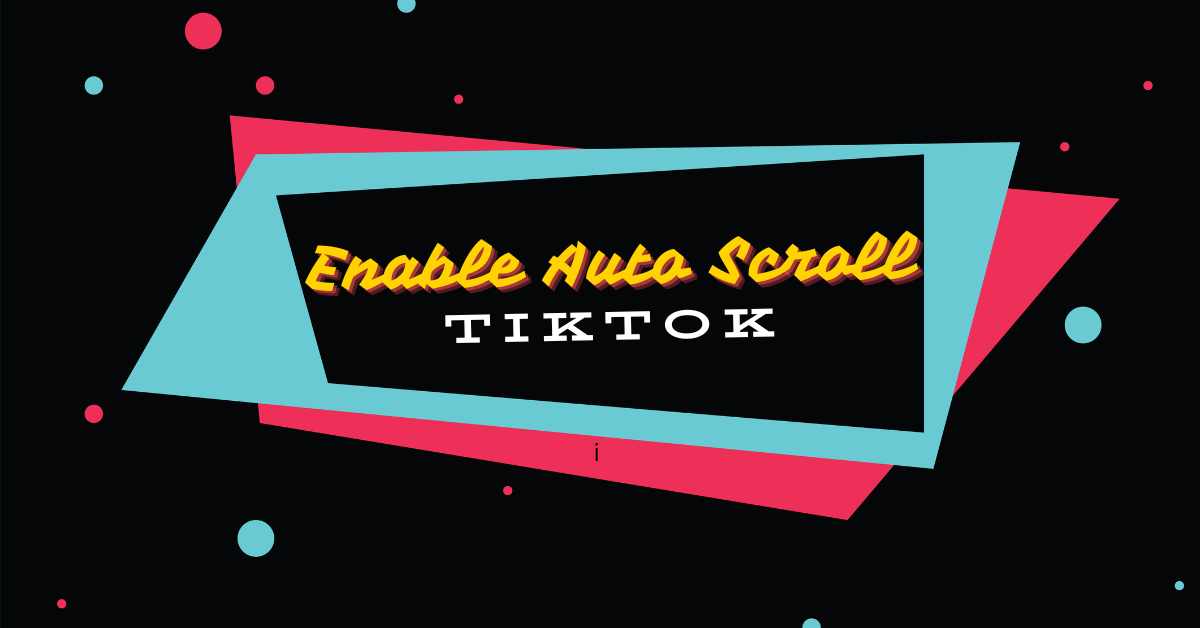Cryptocurrency development is an ever-evolving field, with developers constantly seeking ways to enhance security, scalability, and functionality. One significant proposal that has gained attention in recent years is the LOT=True (Let’s Obfuscate Transactions) proposal within the Bitcoin community. This proposal aims to improve privacy and fungibility in Bitcoin transactions, which are crucial aspects of any digital currency. In this article, we will delve into the LOT=True proposal and explore its implications on altcoin activation methods. Experience the power of automated trading with Immediate Growth, the leading platform that maximizes your profit potential in the world of cryptocurrency.
The LOT=True Proposal Explained
The Origin and History of the LOT=True Proposal
The LOT=True proposal was first introduced in 2019 by pseudonymous developer “nopara73” as part of the CoinJoinXT project. Its primary objective was to address privacy concerns within the Bitcoin network by obfuscating transaction inputs and outputs. This proposal gained momentum as privacy became an increasingly important aspect of cryptocurrency transactions.
Technical Details and Implications
LOT=True proposes the implementation of CoinJoin, a privacy-enhancing technique, as a standard feature in Bitcoin wallets. CoinJoin combines multiple Bitcoin transactions into a single transaction, making it challenging for external observers to determine the source and destination of funds. This proposal also advocates for CoinJoin transactions to be the default mode, further enhancing privacy for all Bitcoin users.
Key Proponents and Critics
The LOT=True proposal has received support from privacy-focused individuals and organizations within the Bitcoin community. Proponents argue that improved privacy and fungibility are essential for Bitcoin’s continued adoption and relevance. Critics, on the other hand, raise concerns about potential regulatory challenges and the impact on Bitcoin’s network efficiency.
Altcoin Activation Methods: A Historical Perspective
Proof-of-Work (PoW) and Its Limitations
To understand the influence of LOT=True on altcoin activation methods, it’s essential to examine the historical evolution of cryptocurrency consensus mechanisms. Bitcoin, like many early cryptocurrencies, initially relied on PoW as its consensus algorithm. PoW is energy-intensive and can lead to centralization as mining becomes concentrated in the hands of a few powerful players.
The emergence of Proof-of-Stake (PoS) as an Alternative
As a response to the limitations of PoW, PoS emerged as an alternative consensus mechanism. PoS relies on validators who hold a certain amount of the cryptocurrency to confirm transactions and create new blocks. It offers energy efficiency and has gained popularity in various altcoin projects.
The Role of Masternodes in Altcoin Activation
In addition to PoW and PoS, some altcoins introduced masternodes as a mechanism to achieve network security and additional features like instant transactions and voting rights. Masternodes require a certain amount of cryptocurrency to be locked as collateral, promoting network stability.
Smart Contracts and Decentralized Applications (DApps)
Altcoins have also explored the development of smart contracts and DApps, expanding the functionality of blockchain technology beyond simple transactions. Ethereum, for example, introduced a smart contract platform that has since become a foundation for numerous decentralized applications.
Impact of the LOT=True Proposal on Bitcoin
Enhancing Bitcoin’s Security and Functionality
The LOT=True proposal could significantly enhance Bitcoin’s security and functionality by improving transaction privacy. This increased privacy makes it more challenging for malicious actors to trace and de-anonymize users, reducing the risk of theft and fraud.
Implications for Bitcoin Miners and Validators
The LOT=True proposal may lead to changes in the role and incentives of Bitcoin miners and validators. With CoinJoin transactions becoming more prevalent, miners and validators may need to adapt to these privacy-enhancing measures while ensuring the continued functioning of the network.
Potential Network Improvements and Scalability Enhancements
Implementing CoinJoin as a standard feature in Bitcoin wallets could also lead to network improvements and scalability enhancements. By reducing the size and complexity of transactions, the Bitcoin network may become more efficient, allowing for faster confirmation times and lower transaction fees.
Influence on Altcoin Development
Adapting the LOT=True Concept in Altcoin Projects
The LOT=True proposal’s focus on privacy and fungibility may inspire altcoin projects to adopt similar techniques. Altcoins looking to differentiate themselves from Bitcoin may prioritize privacy-enhancing features to attract users concerned about transaction traceability.
The Debate Between PoW and PoS in Altcoin Ecosystems
Altcoin developers must also consider the debate between PoW and PoS when implementing the LOT=True concept. Some altcoins may choose to combine PoS with privacy features, while others may opt for PoW with enhanced privacy measures.
How LOT=True Affects Altcoin Governance and Consensus Mechanisms
Privacy features like those proposed in LOT=True can impact altcoin governance and consensus mechanisms. Decisions regarding network upgrades and changes to consensus rules may require careful consideration to balance privacy, security, and decentralization.
Challenges and Controversies
Security Concerns and Potential Vulnerabilities
While privacy enhancements are essential, they can also introduce new security challenges. Altcoin projects implementing LOT=True or similar proposals must thoroughly assess potential vulnerabilities and work to mitigate them.
Decentralization vs. Efficiency Trade-offs
Privacy measures may introduce trade-offs between decentralization and efficiency. Striking the right balance is essential to maintain a secure and robust network while ensuring transactions remain private.
Regulatory and Legal Implications of LOT=True in Altcoins
Privacy-enhancing features may attract regulatory scrutiny, as they can be perceived as facilitating illicit activities. Altcoin projects must navigate the complex regulatory landscape and work toward compliance while maintaining user privacy.
Future Outlook
Potential Innovations and Developments in Cryptocurrency Activation Methods
The LOT=True proposal represents just one example of ongoing innovations in the cryptocurrency space. Future developments may introduce new activation methods and privacy-enhancing techniques, further shaping the landscape of digital currencies.
The Evolving Role of Bitcoin and Altcoins in the Digital Economy
As Bitcoin and altcoins continue to evolve, their roles within the broader digital economy will become increasingly significant. Bitcoin may remain a digital store of value, while altcoins could play a more diverse range of roles, from facilitating smart contracts to powering decentralized applications.
The Impact of LOT=True on the Broader Blockchain and Cryptocurrency Ecosystem
The LOT=True proposal’s influence extends beyond Bitcoin and altcoins. Its impact on privacy-enhancing technologies and blockchain development may have far-reaching consequences for the entire cryptocurrency ecosystem.
Conclusion
In conclusion, the LOT=True proposal in Bitcoin stands as a pivotal advancement in bolstering privacy and fungibility within cryptocurrency transactions, with ripple effects extending to altcoin activation techniques and the expansive cryptocurrency ecosystem. As the dynamic cryptocurrency realm undergoes constant transformation, making well-informed choices and engaging in ongoing dialogues concerning privacy and security remains crucial for the prosperity of these digital assets. In this ever-evolving environment, cryptocurrency enthusiasts should consider staying updated and investigating groundbreaking solutions.












